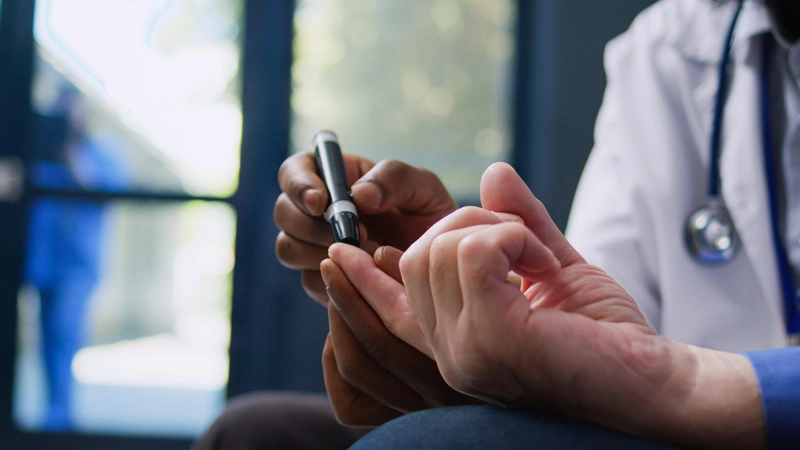- Published on: Jul 14, 2021
- 1 minute read
- By: Global Covid Expert
Can Period Get Irregular Because Of COVID-19 ?
We have heard many reported instances that after being vaccinated against COVID-19, many people had unusual symptoms like swollen lymph nodes, “COVID arm” and blood clots. All these symptoms can be quite concerning since it is unclear the near-term impact. The side effects reported are believed to be associated with our body’s immune response to the vaccine. It's important to look at the reports of altered menstrual cycles after vaccination?
Currently is no concrete evidence that COVID-19 vaccines can have a direct effect on women’s menstrual cycles. The impact could be indirect as these changes may be associated with the body’s response to stress.
Let's look at how menstrual cycles can be affected by the immune system in an indirect way.
When a woman is about to ovulate, her immune system ramps itself up to prevent any infectious agents from interfering with the fertilization and implantation of the egg. Once the egg is fertilized and implants, the immune system dampens to accept the pregnancy. The lining of the uterus also has immune cells, and those cells can be affected by hormonal changes. Uterine infections can also cause changes in a woman’s normal menstrual cycle.
Hypothalamus in the brain is the hormonal control center that works in conjunction with the anterior pituitary gland. Emotional stress, physical stress, and chemical stress may affect the hormonal control center which can result in menstrual cycle changes.” Chemical stress applies to medications that can alter your period.
Women who are taking medications for seizure disorders, diabetes, thyroid conditions, hypertension, depression, or other conditions might notice irregularities with their menstrual cycles. These medications can interfere with the hormones that are responsible for menstruation.
When you experience period changes after being vaccinated for COVID-19 your healthcare provider can determine the best way to manage the disruption in your menstrual cycle. It is important to discuss any changes with your healthcare provider and best specialist doctor because they’ll be aware of what’s going on and you can work together to determine the best course of action.
Chronic stress can also affect your body’s normal cortisol production rhythm. An overabundance of cortisol can affect your metabolism, which can lead to obesity. It can also lead to sleep disturbances as well as changes in menstruation.
Women can do many things that may promote health are exercise, rest, and a healthy diet.
Take note of the things which cause stress around you as lot of factors in our environment can add to our stress. These things can influence our diet, sleep schedule, and medication regimen.










